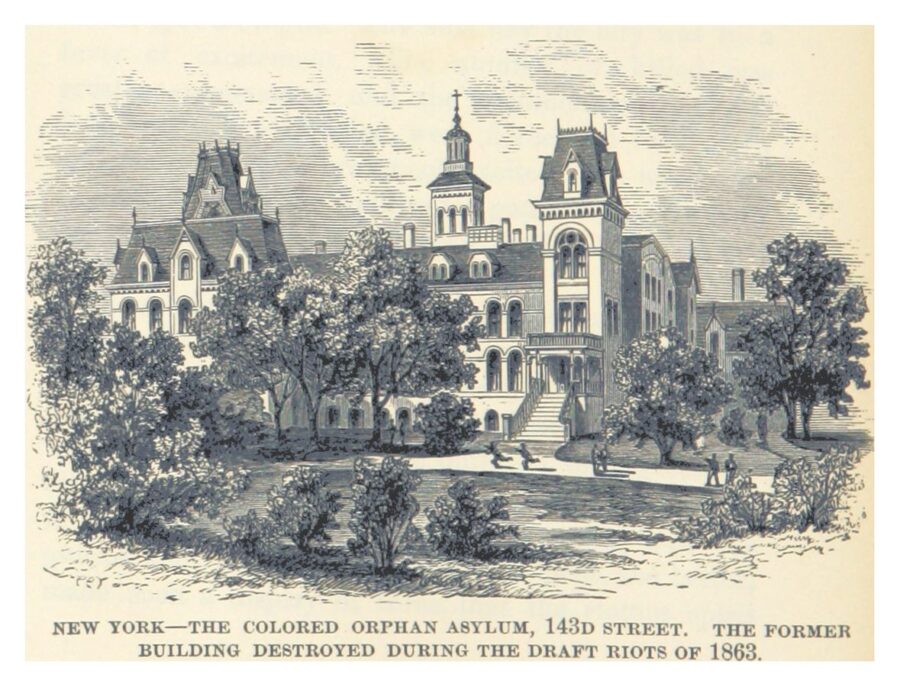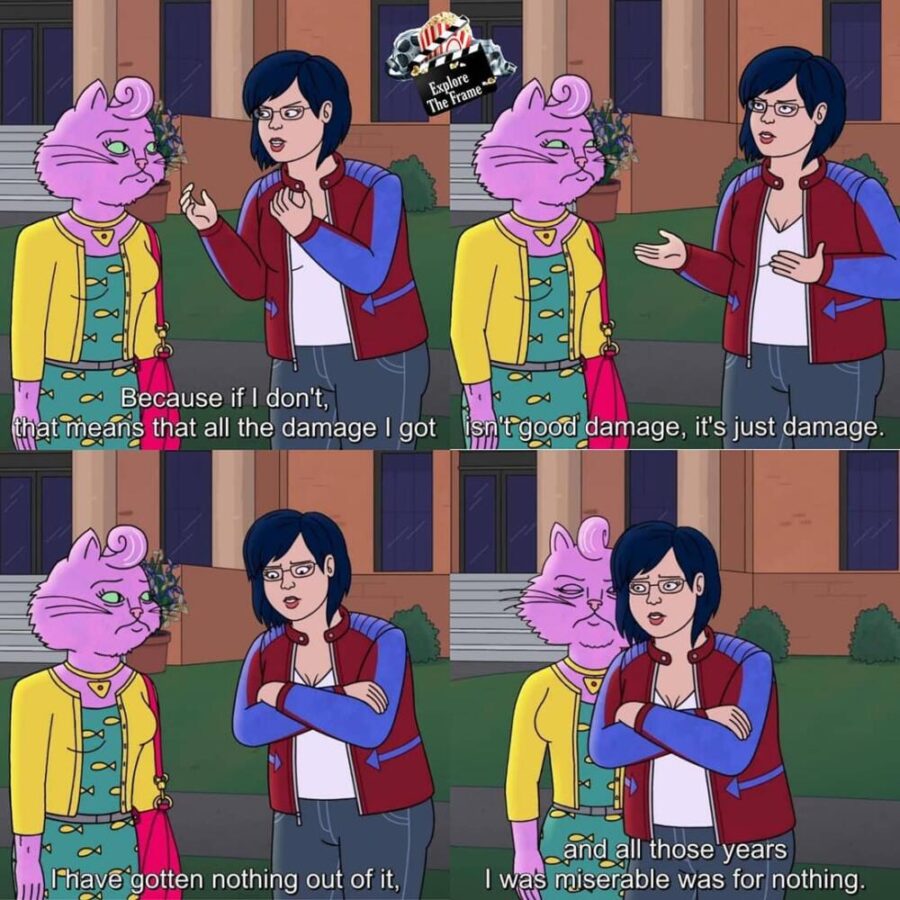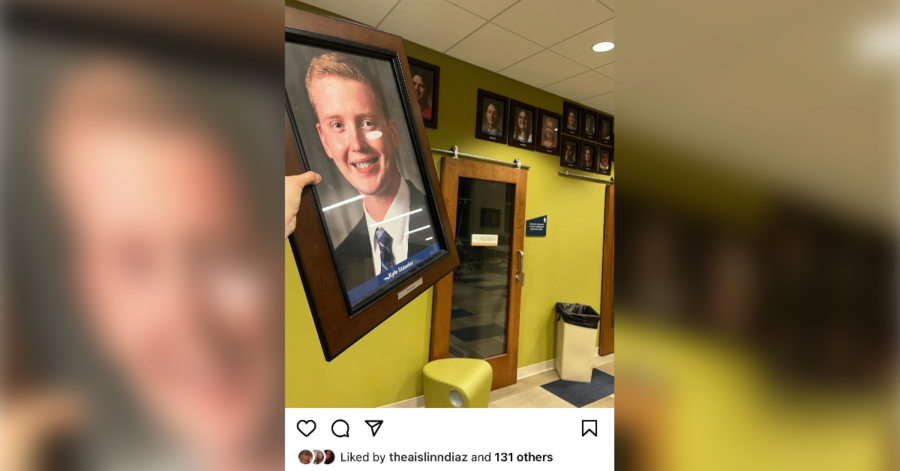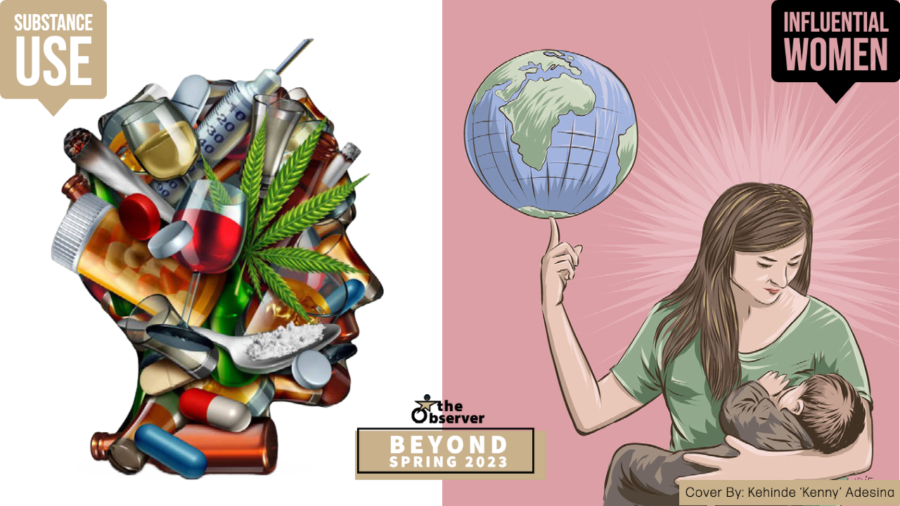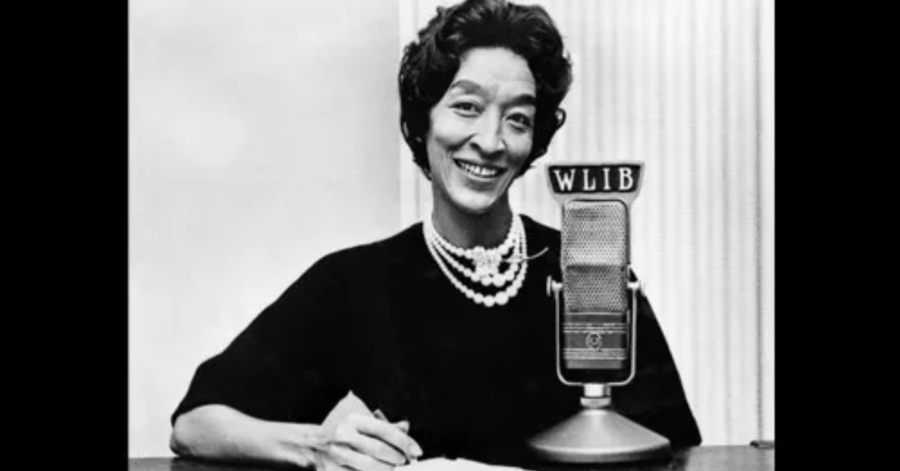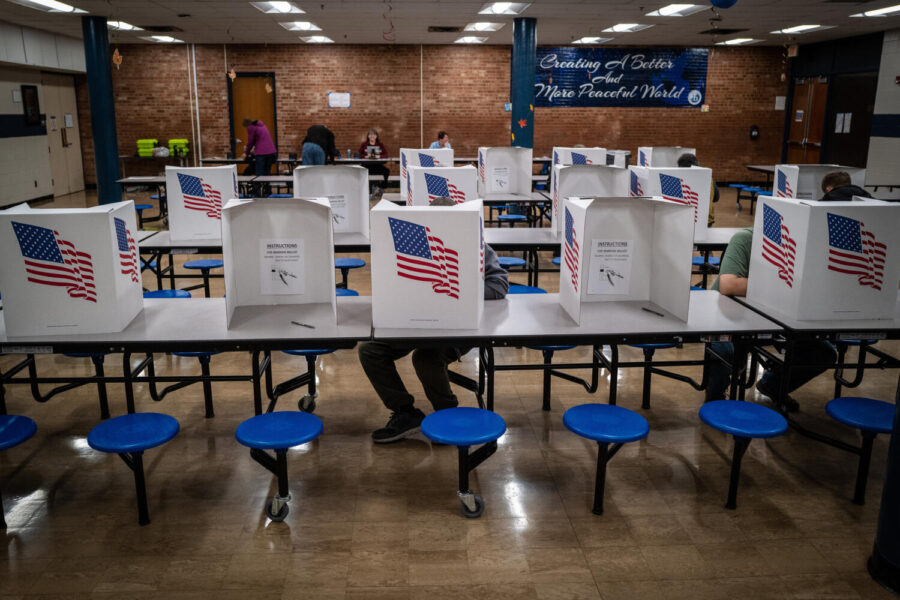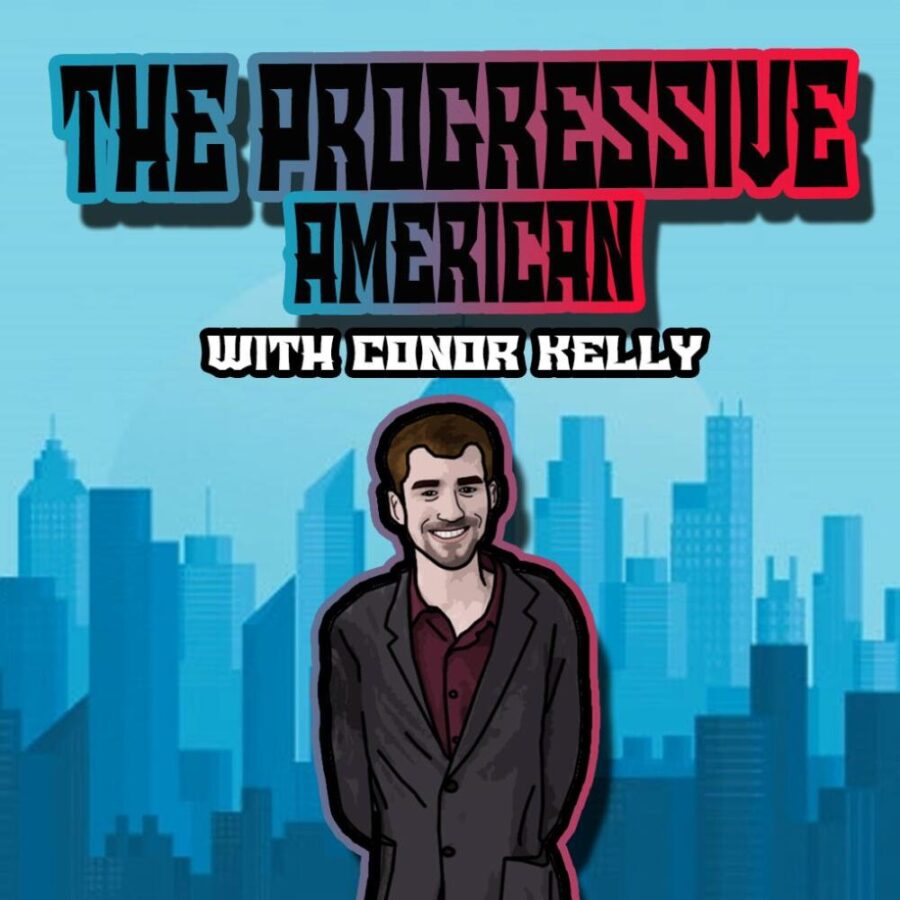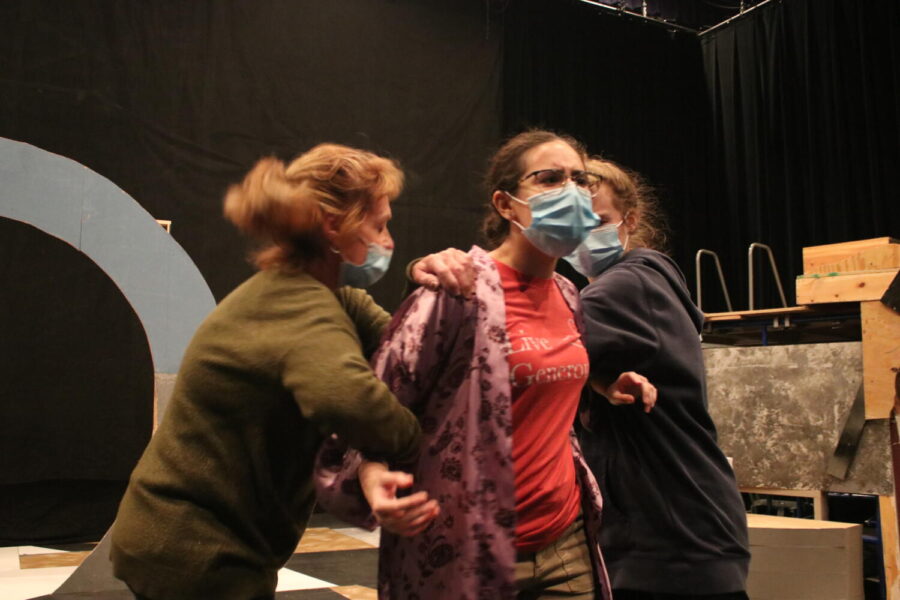Growing up, I bobbed above and below the poverty line like a buoy in a restless sea. I’ve never been wealthy; instead, I’ve lacked wealth or financial stability in varying degrees throughout life. I’ve been dirt poor, gone without food, been homeless, cooled my perishables between the panes of a frozen window, and watched cockroaches crawl from inside bathtub faucets. I was the Black, 15-year-old girl whose father was absent in favor of a new family. I was the soon-to-be harlot being raised by an unstable, single mother. I was a statistic, destined to find my failure in addiction, sex work, criminality, or otherwise traditionally unsavory lifestyle choices. However, my story ended much differently than expected.
After a months-long hiatus from high school, I was reenrolled, and things took a turn for the better. Teachers and other faculty noticed me immediately, as I performed well in my current courses and the ones I had to make up at the same time. A tried-and-true story was brewing before all of our eyes: a troubled youth that overcomes all adversity and graduates at the top of her class. She heads to Harvard or some other Ivy League school. She beats all the odds, she’s an inspiration. The crowd stands and weeps in ovation.
When I started the process of college admissions, I knew I couldn’t just talk about my triumph. I knew they would want more. “Why?” They asked. “Why do you deserve an education?” And then, they revealed the real question, “How much have you suffered? How hard was it for you?” Feverishly, they offered, “The more you’ve suffered, the better.” Anxiously, I wondered if I had suffered enough.
The “they” in these scenarios would be teachers, other faculty at my school, and administrators responsible for college admissions. This was already the case pre-pandemic, but after the height of the pandemic, even the most privileged had adverse experiences to capitalize off of on college applications. And college admissions administrators encouraged this national trauma dump wholeheartedly. Prompts like, “How has the pandemic challenged you?” or “How have you overcome the pandemic?” were everywhere, and prospective college students poured and poured their grievances, obstacles, and triumphs into their college applications. However, I decided not to do this to the extent that I felt it was encouraged.
Having been a troubled youth, I decided not to speak much about the pandemic in my own application. I had spent years repeating my unfortunate story, and I knew that people around me were telling unfortunate stories of their own. I wanted to do something different. Instead of trauma-dumping, I told my story using the essence of suggestion to get my point across. Yes, I went through things—bad things. But I’m more than that. I will always be more than what I went through. I wanted to prove to myself that I did not deserve an education just because I had been destitute, full of sorrow and abjection. Instead, I had earned my place in higher education by being creative, determined, and empowered by the obstacles I encountered.
The insinuation that a person needs to have suffered in order to deserve a place in higher education is ridiculous. We can be strong without proving it through extreme levels of adversity. We are valuable because we are alive, and the knowledge that we have overcome obstacles should be implied. It shouldn’t have to be overstated in the hopes of securing a spot at a university. It should be evident in ways that don’t involve flaunting the scars of our past.


